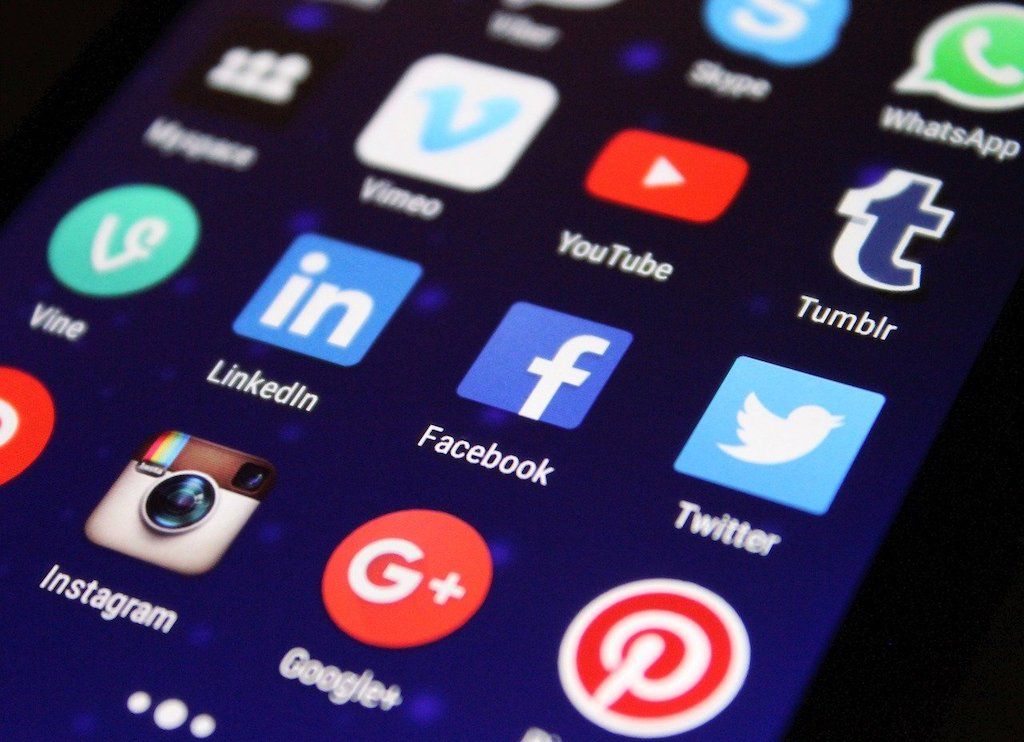I joined my first internet startup in the mid-1990s, a company located in a two story red brick building off Massachusetts Avenue in Central Square. Our mission was to provide collaborative filtering - the machine learning of its time - for the rapidly growing sites and portals on the internet. While I was late to the Internet revolution, it didn’t take long for me to become a true apostle. It was hard not to get swept up in a movement of twentysomethings who were convinced they were changing the world. We were going to make everyone more informed, more connected, safer, healthier, and able to live better lives. Those were heady days when we worked in “internet time”, “content was king”, and we were “democratizing information.”
As I look back 25+ years later, while I am proud of how much technology has fulfilled of this vision, it's hard not to also admit the incredibly adverse impacts it has had. Depression rates have soared as our connectedness has left us more alone. Conspiracy theories and falsehoods flow faster than the truth, creating division and sowing discord. The dark web has made it easy to engage in illicit activity from the comfort of our homes. And our children are born tethered to their technology, with moods swinging up and down based on friend requests, views and likes.
A great example of these impacts came to me via a former colleague who ran an experiment after watching Netflix’s The Social Dilemma. He and a friend - both of different backgrounds, personal beliefs and political leanings - decided to compare their social media feeds. The social media feed of one friend told the story of a society in a pandemic, in which Covid-19 was a dangerous virus, and masks and social distancing were essential to safety. The other friend’s social media feed told a very different story: one of a great hoax, in which masks were not effective, the death rates were being exaggerated for profit, social distancing was not necessary, and politicians were using a pandemic to take freedom from its citizens. While we may disagree on many things, we must all agree on this: it is not possible for these two worlds to simultaneously be true.
This jarring juxtaposition was visible for the world to see when the Big Tech CEOs were paraded before Congress last week. After getting past the unusual optics - a Congressional hearing via Zoom, the grainy video, the awkward pauses, Jack Dorsey looking like Thorin Oakenshield - I couldn’t help but see how far we had fallen. Yes we achieved so much with the internet revolution. Information has been democratized. With a few strokes you can learn how to do a downward dog or make sourdough bread. Our lives have been made better. We can stay connected with friends and family via chat and social media, we can have anything we need delivered to our door overnight, we can leverage technology and information to make our families healthier, and many of us can work from anywhere in the world.
So what happened? What went wrong? Was the technology we collectively unleashed over the last 25 years more advanced than the ability of society to adapt? Did we overestimate the ability of the human brain - forged over millions of years for a physical world - to use the power of this technology for good? Did the devil’s bargain we made in trading privacy for free services create a market opportunity simply too good to not be exploited? Or are we simply the victims of the new robber barons of our time: Big Tech? Regardless of what you believe is the root cause, the genie unleashed by idealistic twentysomethings will sooner or later have to be put back in its bottle. The day of reckoning is coming for Big Tech.
